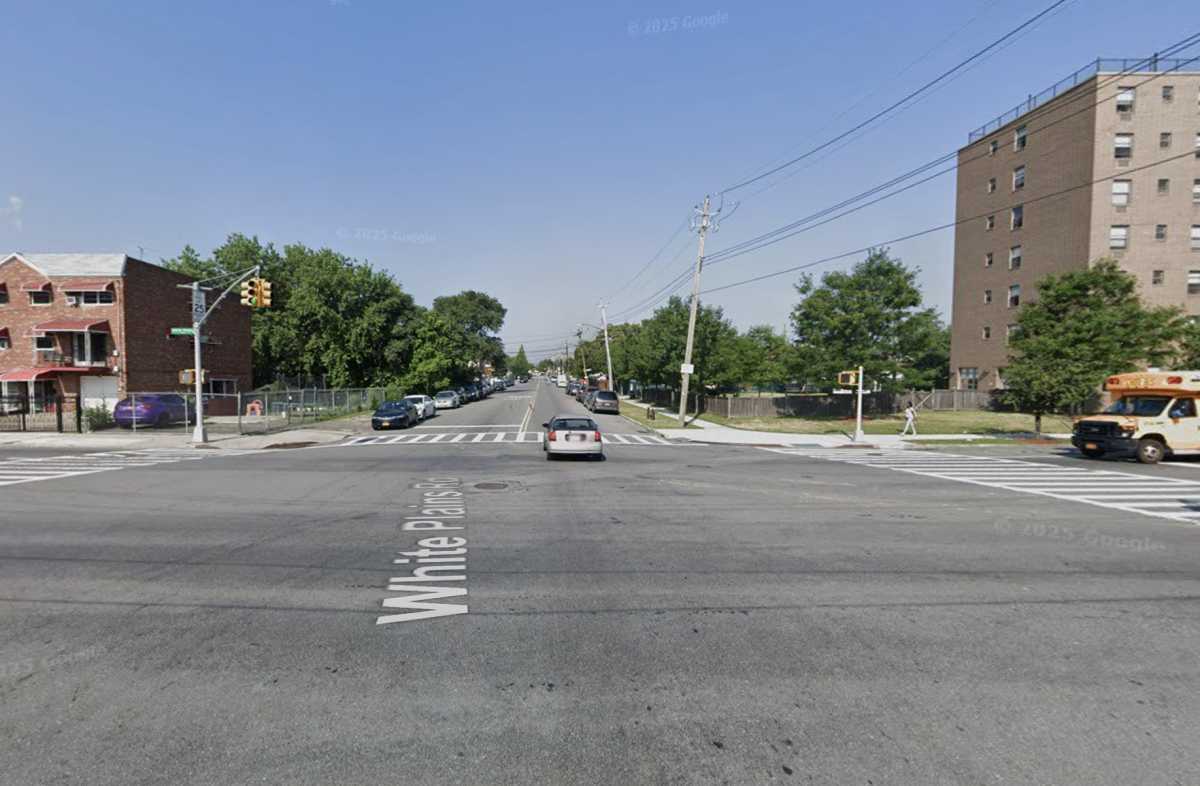They’ll try if the city will.
That’s the word from the sprawling but decaying Hunts Point Terminal Produce Market which just signed a seven-year lease with the city after threatening to move to New Jersey.
But the deal does not preclude the major borough employer from still being wooed to move after that. It largely depends on how upgrading at the deteriorating market goes.
It also ignores a major sore point with market members over the city’s Business Integrity Commission, which is tasked with keeping organized crime out of certain city industries.
Deputy Mayor Robert Steel and city Economic Development Corporation President Kyle Kimball announced the deal on Dec. 31, the final day of the Bloomberg administration.
Under the agreement, the cooperative’s 47 member merchants commit to keeping the market in Hunts Point until June of 2021.
They will pay an annual rent of $4 million, with up to $1.5 million of that forgiven as the merchants make improvements to the market’s deteriorating infrastructure.
“Since we reimburse them, we are ultimately paying for those improvements and mutually agreed upon repairs,” said EDC spokeswoman Kate Blumm. “Say for example, roof repairs. They go ahead, engage the contractors, do all the work, and we reimburse them up to $1.5 million, for each of the seven years on the new lease.”
The market is among the largest wholesale produce markets in the world, sitting on 105 acres of property and comprising one million square feet of interior space, of which 660,000 square feet is refrigerated.
“This lease renewal will keep the approximately 3,000 direct jobs at the market,” the EDC said, “providing a significant economic impact and ensuring this important piece of the food distribution infrastructure of New York City and the region remains in the borough.”
The agreement also preserves the market’s existing 10-year renewal option, which can be exercised in June 2021 in order to continue to operate on the site into the future.
Still at issue is the Business Integrity Commission, which has been trying to raise the fees the merchants must pay for the background checks to screen out potential organized crime influence, once a major problem at the market.
“The only thing we have in common with BIC is the market, but they have not been part and parcel of our negotiations,” said EDC’s Blumm. “There is nothing in the agreement that refers to BIC whatsoever. Those are two totally separate conversations.”
“They have not bothered us, and we are not going to bother them,” Charles Slepian, attorney for the produce market, said of the BIC and any further negotiations.”
“We’ll probably get a new BIC commissioner somewhere along the way, and then there’ll be a conversation with them, I’m sure,” he said. “But right now, leave it alone.”


























